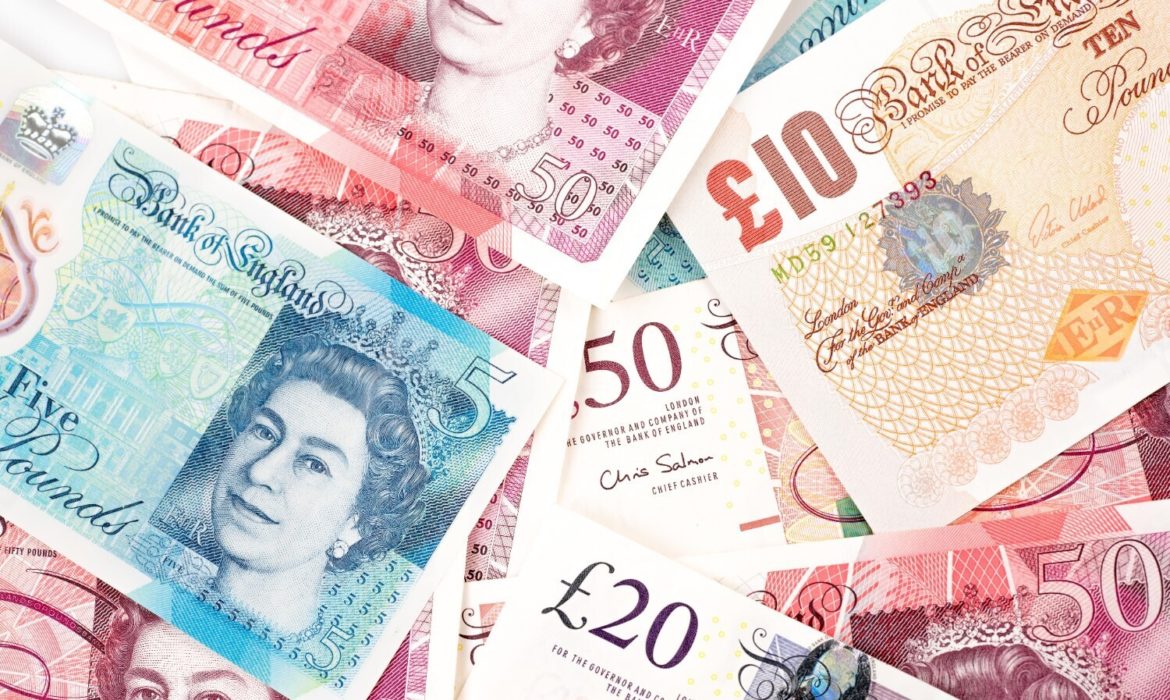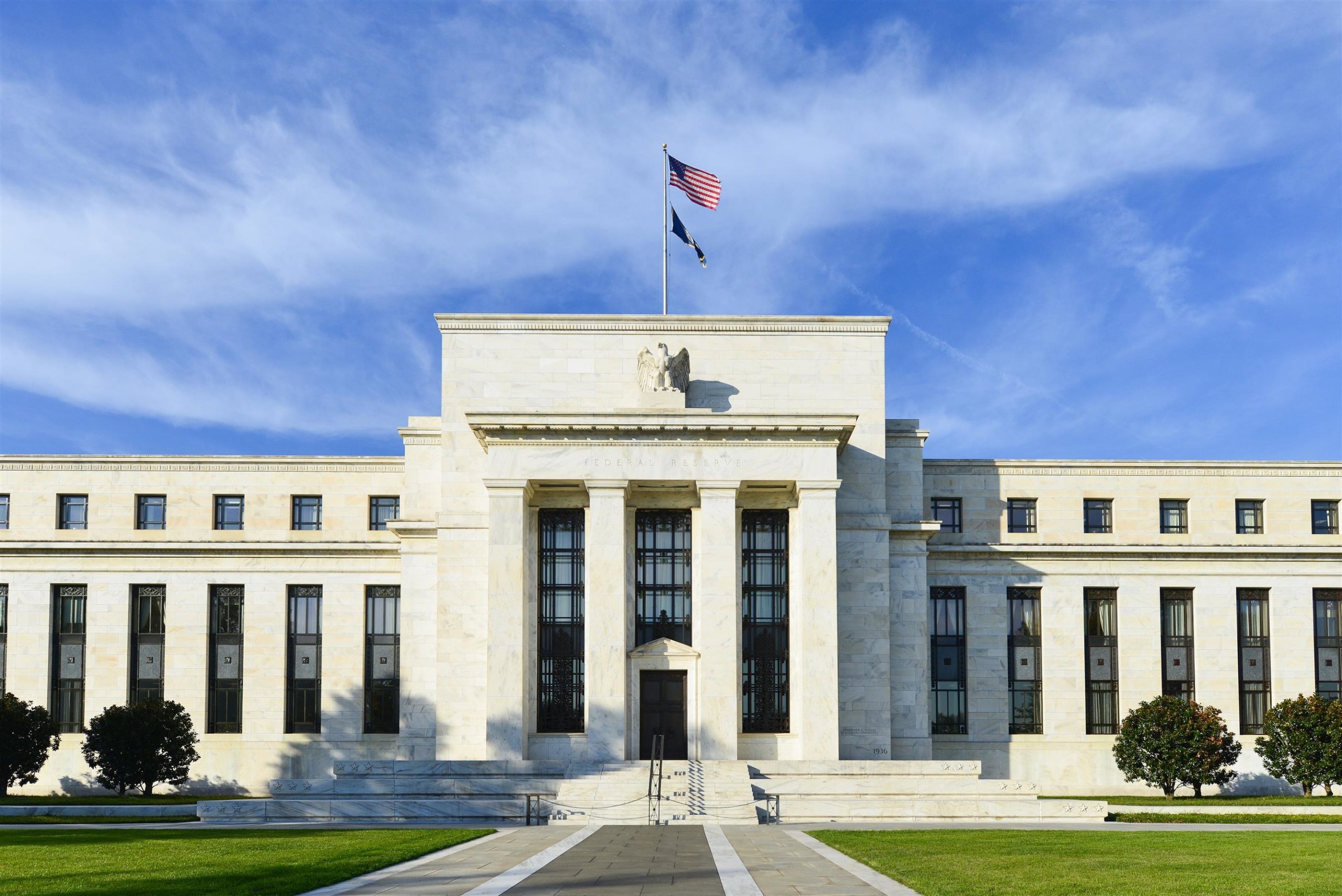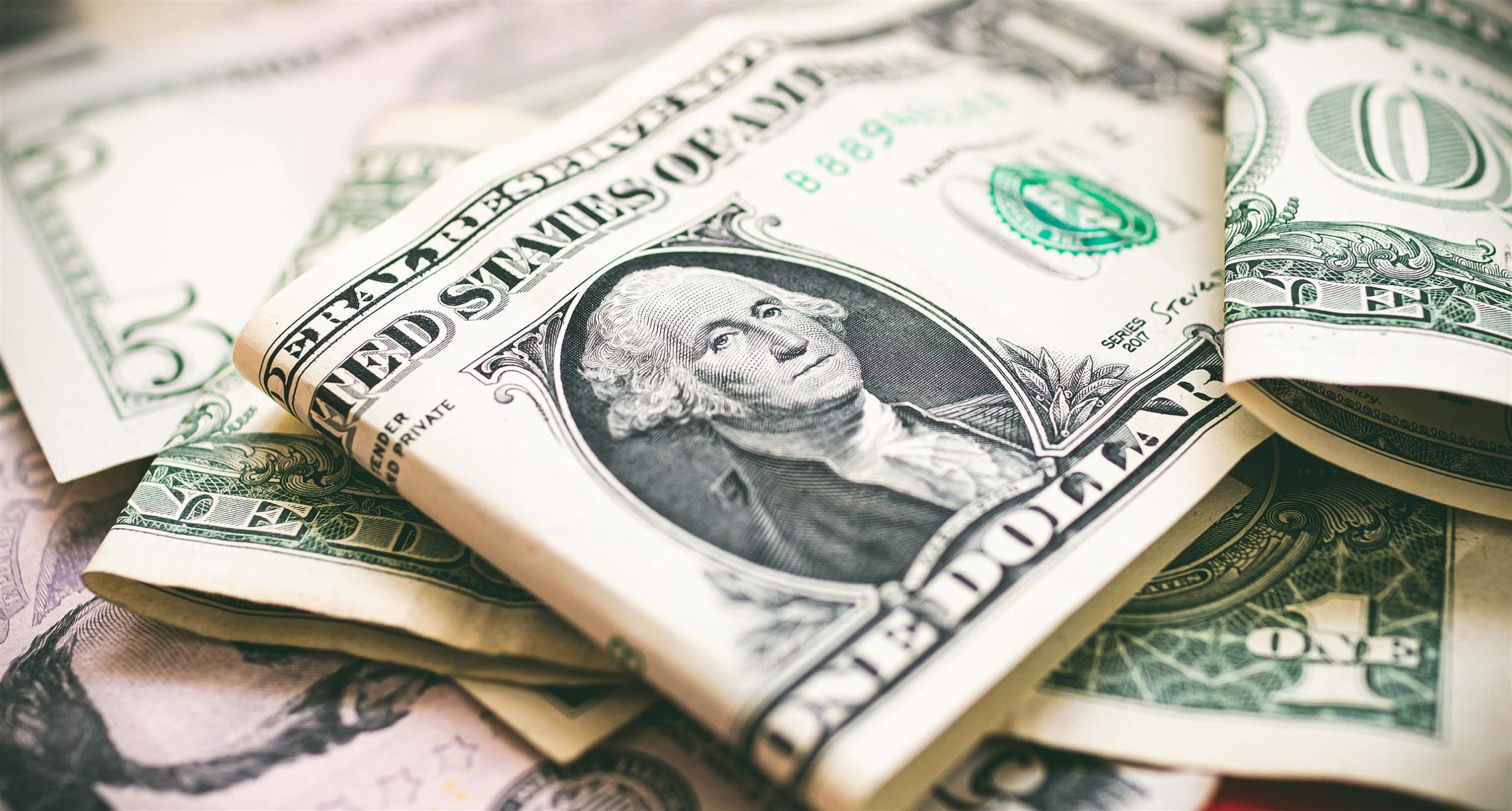The British pound was mixed on Monday after hitting new highs against the euro and the greenback amid rate rise expectations and easing fears about the economic impact of the omicron variant of Covid-19.
The pound strengthened its positions since mid-December from the government’s decision. The government decided not to introduce additional restrictions. The country focused on rolling out booster vaccinations.
On December 12, Prime Minister Boris Johnson made an important announcement. He stated that every adult was eligible to get booster shots. Johnson also reminded people about the importance of the omicron variant. He gave his update in a TV statement on Sunday evening. Johnson spoke about the omicron just hours after the authorities activated a Covid alert to four due to the spread of the omicron variant.
In the meantime, investors ramped up expectations that the country’s central bank will raise interest rates as early as next month.
Pound, dollar, and pound
The British pound fell 0.4% against the U.S. dollar to $1.3542 by 15:28 GMT, after touching its highest point since November 202 at $1.3602.
Still, analyst views are mixed on the medium-term outlook. Luca Paolini from Picket Asset Management commented on the pound. According to Paolini, the state of the country’s economy is not ideal. Picket Asset Management’s position regarding the pound is negative.
The British pound entered the new year with a tailwind of cautious optimism. The market will monitor several topics, and one of them is the situation regarding Northern Ireland.
Foreign Secretary Liz Truss commented on the issue. Importantly, she said ahead of talks with the EU regarding the post-Brexit trade arrangements that the country is ready to take one-sided action to suspend customs checks on goods moving to Northern Ireland.















